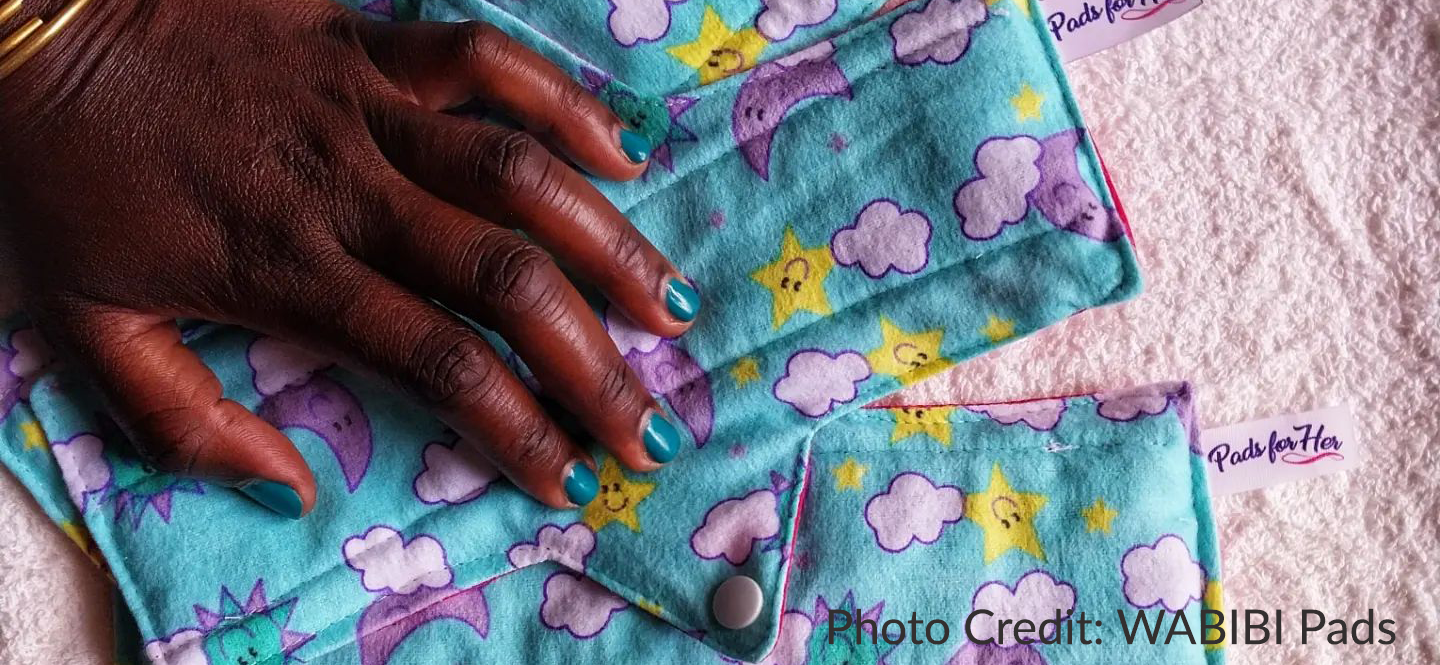How to boost female health and hygiene startups for the BoP?
By Juliette Gabrion, Hannah Wurzel, Michael Kropac and Anja Bruschweiler 
This is far from a trivial question. Millions of girls and women still cannot afford menstrual hygiene products, have no safe or private place to replace pads, nor soap or water to practice good menstrual hygiene management. This affects school and work attendance, participation in community life and restricts mobility. We need businesses to reach these girls and women, too. So where do we start? This is what we found out in our mapping:
What are the barriers?
The big guns show interest, but where are the businesses?
There seems to be a lot of interest from investors and some of the larger aid organisations to invest in female-led menstrual hygiene and health start-ups that reach women in underserved communities, but for investment to happen, we need many (many!) more investment-ready businesses. A few countries are currently taking all the credit (Nigeria, India, South Africa) and can show successful business models within the gender-focused-WASH startups scope, but the others are clearly lagging behind. Even if a big demand and market is awaiting for private sector solutions to emerge, for now very few locally founded and led businesses have made their way up among the big players of the market.
Women face too many barriers in setting up businesses
Startups catering to women’s needs are likely founded by women themselves. And here lies the crux of the matter: women entrepreneurs are still largely underrepresented in the business world. When creating and growing a startup, women face many more barriers than their male counterparts. In Africa, for instance, which is known to be a very entrepreneurial continent, a lot still needs to be done to remove the barriers to woman-led entrepreneurship. The traditional inheritance system, for example, prevents women from inheriting land. Without this collateral, women struggle to access business credit. Due to certain cultural beliefs, women are also excluded from certain sectors or kept away from decision-making processes. All these factors affect the growth and survival of their businesses. Furthermore, entrepreneurship in the WASH sector, in general, still lacks mainstreaming and the sector remains largely public and NGO-dominated.
A lack of marketing and successful storytelling around female-focused startups
Despite the huge impact of these startups on women’s life, these stories are rarely told. Many WASH startups fail to highlight their successes and many WASH facilities (toilets and showers) are not showcasing how gender-sensitive their services are.
What needs to happen?
Work on the pipeline and the ecosystem around it
We need to focus our efforts on encouraging WASH entrepreneurship itself and on building the pipeline. This includes proving the business potential of the sector and building a supportive ecosystem around it. That’s exactly the focus of the SWEP.
Foster local business development
Most of the successful menstrual hygiene businesses are western-founded and focused on middle and high-income customers. This needs to change. We have to support the development of locally-led BoP oriented startups with specific entrepreneurship programmes focused on those startups and on building the capacities of their founding teams.
Include gender in all aspects of our work
We need to support women entrepreneurship with gender-focused programmes and by incorporating stronger gender policies in all existing entrepreneurship programmes. This includes gender indicators in our impact measurements and encouraging entrepreneurs to adopt a gender-inclusive strategy, both in their internal management and in their impact.
We plan on starting acceleration programmes with a gender-focus in 2024. We will specifically be looking for female-led start-ups serving female customers at the BoP, in the areas of safe and gender-sensitive sanitation facilities, women-focused hygiene products, reproductive maternal health services and products. This year, we will already start scouting high potential startups and focus on pre-acceleration (stay tuned for the Springboard programme in East Africa!).
If you would like to contribute to this topic, reach out to us, we would love to hear from you!
Also, don’t miss our interview with Bernadette Ojao – “I want to see all girls have no worries about period poverty anymore”– Founder and CEO pf WABIBI Pads and menstrual pad champion in Uganda.
